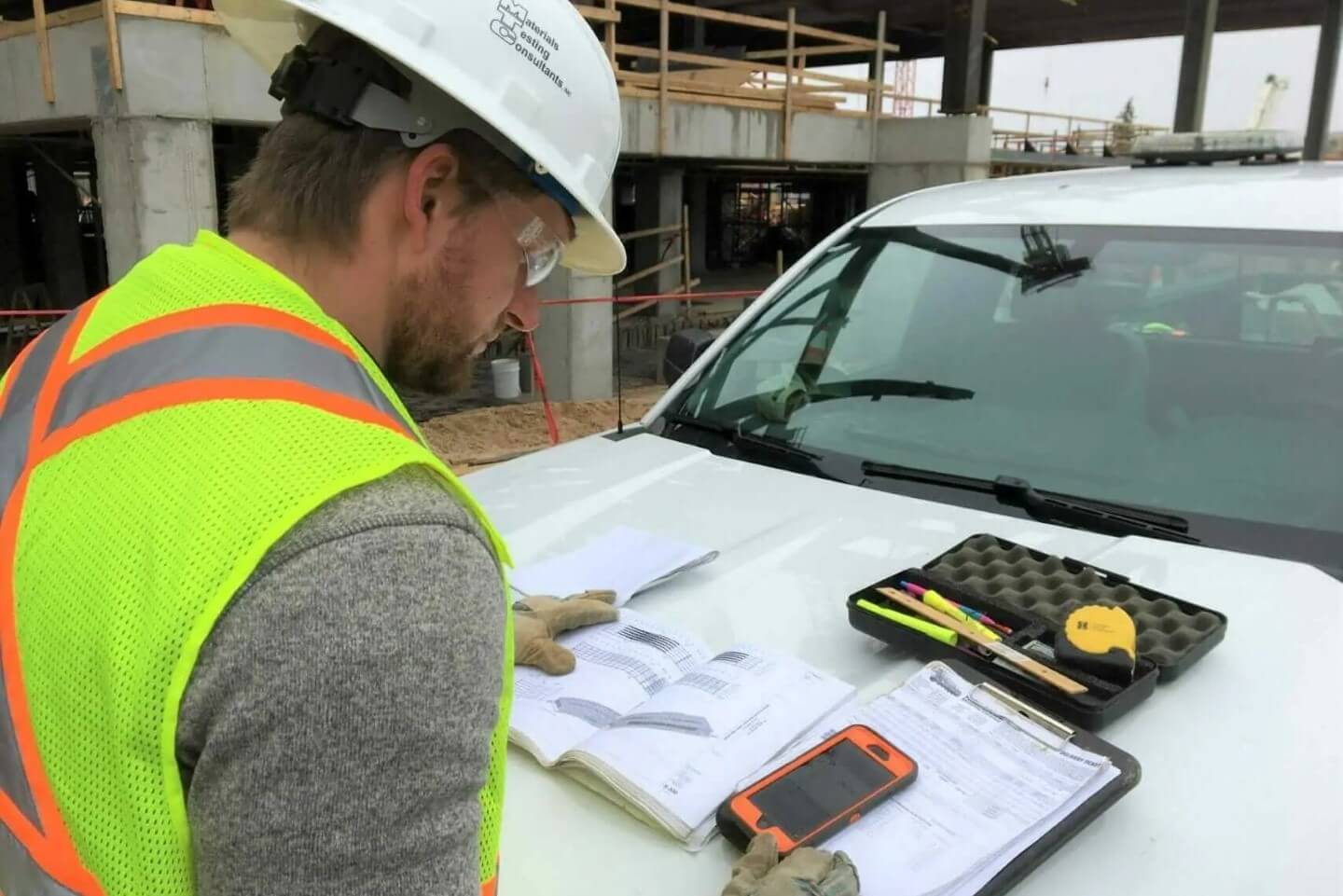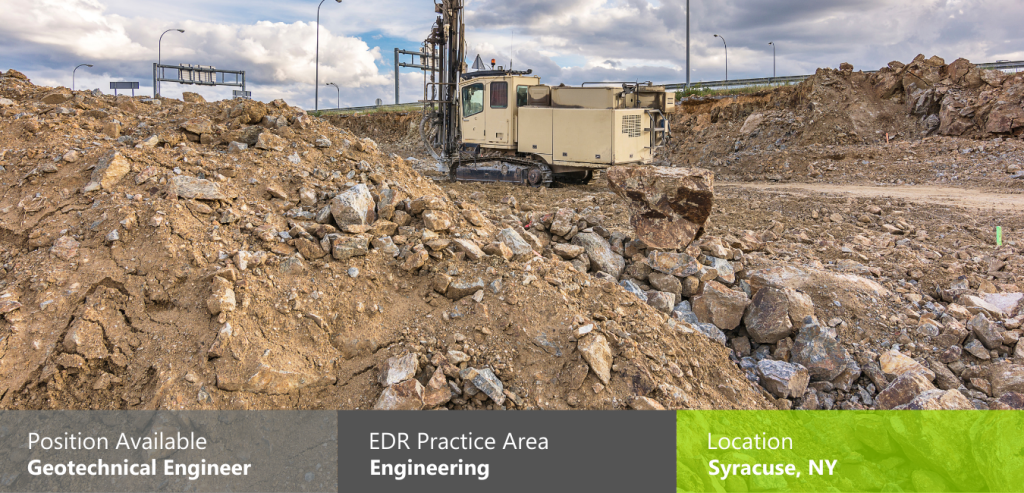Consulting Engineers Johannesburg: Professional Engineering Services for Large-Scale Projects
Consulting Engineers Johannesburg: Professional Engineering Services for Large-Scale Projects
Blog Article
Just How Consulting Civil Engineering Firms Add To Effective Job Administration and Design Execution
Consulting civil design firms are integral to the success of building projects, merging technological proficiency with critical oversight. Their duty incorporates not only the execution of expediency research studies however also the application of sophisticated project management methods that streamline processes and enhance stakeholder involvement. By concentrating on layout optimization and threat mitigation, these firms make certain that jobs are not just practical but also sustainable and cost-efficient. Nevertheless, the subtleties of their payments usually stay underexplored, prompting a closer examination of the details methods and techniques that underpin their effectiveness - geotechnical engineering companies in south africa.
Duty of Civil Designers
Comprehending the role of civil designers is essential for the successful administration of building and construction projects. Civil designers offer as the backbone of framework development, making certain that tasks are developed and implemented to meet functionality, safety, and sustainability requirements. Their experience incorporates numerous aspects of engineering, including structural, environmental, and geotechnical specializeds.
Civil engineers are responsible for conducting expediency studies, which assess the practicality of suggested tasks by examining financial, technological, and ecological aspects. They create thorough blueprints and specs, incorporating innovative options to optimize materials and resources. Throughout the building and construction phase, civil engineers manage the task, working together with engineers, contractors, and stakeholders to ensure adherence to design specifications and regulatory needs.

Task Planning Approaches
Efficient task preparation methods are essential for guaranteeing that construction jobs are performed efficiently and effectively. Consulting civil design companies play a crucial duty in this procedure by using detailed planning methods that deal with different job phases. Initially, an extensive analysis of job range and customer demands is conducted, permitting the recognition of crucial turning points and deliverables.
Moreover, these firms use tools such as Gantt charts and task administration software program to develop comprehensive timelines, enabling effective scheduling of jobs and resource appropriation. This organized method aids to expect prospective traffic jams and assign necessary sources proactively. Threat management is an additional vital component; companies carry out danger assessments to recognize possible concerns that might develop during the project's lifecycle, implementing mitigation strategies to decrease interruptions.
In addition, stakeholder engagement is stressed throughout the planning stage. Routine communication with customers, specialists, and regional authorities makes certain that all celebrations are lined up with task goals and timelines. By incorporating these strategies, seeking advice from civil design firms enhance the probability of task success, guaranteeing adherence to budget plan restraints and governing requirements while fostering a collaborative atmosphere.
Style Optimization Strategies
Layout optimization strategies are important for improving the effectiveness and sustainability of civil design tasks. These strategies entail the systematic assessment of style specifications to accomplish the very best feasible results while lessening prices and source usage. By making use of innovative computational devices and formulas, designers can assess numerous layout choices and pick one of the most efficient choices based on particular job requirements.
One extensively utilized technique is parametric style, which enables the manipulation of design variables to observe their influence on total task efficiency. This iterative process leads to innovative solutions that not just satisfy practical requirements yet additionally stick to environmental standards. In addition, strategies such as value design focus on optimizing project components to optimize value while decreasing unneeded expenses.
Additionally, the combination of Building Information Modeling (BIM) facilitates far better cooperation among stakeholders, enabling real-time changes and improvements to styles. This holistic view fosters an extensive understanding of the job, causing notified decision-making. Ultimately, effective layout optimization strategies result in boosted task timelines, decreased waste, and improved architectural performance, adding to the overall success of civil design endeavors.
Danger Management Strategies
Danger monitoring methods are critical in making certain the successful shipment of civil design projects, as they assist recognize, evaluate, and minimize potential dangers that can impact job end results. Effective danger monitoring is a methodical procedure that entails the identification of dangers, evaluation of their possibility and effect, and the growth of strategies to address them.
Consulting civil design firms usually use a mix of qualitative and quantitative threat assessment methods (geotechnical engineering companies in south africa). Qualitative approaches, such as brainstorming sessions and experienced meetings, aid gather insights on potential risks from various stakeholders. On the other hand, quantitative methods include analytical evaluation and modeling to identify the chance and potential impact of determined dangers
When threats are analyzed, companies apply mitigation techniques, which may include threat avoidance, transfer, reduction, or acceptance. This can entail revamping job elements to eliminate risks or safeguarding insurance to counter possible monetary losses. Constant monitoring and review of threats throughout the task lifecycle are likewise vital, enabling timely adjustments to risk monitoring methods as new dangers arise.
Collaborative Communication Practices
Enhancing job end results via collaborative interaction practices is vital for getting in touch with civil engineering companies. Efficient communication cultivates a culture of openness and depend on among stakeholders, which is essential for the effective execution of design projects. By applying structured interaction channels, companies can make sure that all parties-- customers, professionals, and staff member-- are aligned on project deliverables, timelines, and objectives.
Regular meetings, both official and informal, promote the exchange of concepts and feedback, permitting real-time problem-solving and decision-making. Making use of collective devices such as job monitoring software application encourages documents and tracking of development, while allowing instant accessibility to important information.
In addition, energetic listening and open special info discussion are important elements in a collective setting. By valuing diverse point of views, companies can innovate and adapt styles that fulfill both technical demands and customer expectations. additional reading Additionally, promoting a team-oriented ambience reduces misconceptions and elevates the general top quality of work.

Verdict
To conclude, seeking advice from civil design companies are essential to effective task management and design implementation. By using strategic preparation, layout optimization, and reliable threat management, these firms enhance project efficiency and sustainability. Their commitment to collaborative communication better makes certain stakeholder positioning and fosters a participating atmosphere. Ultimately, the proficiency and methodologies made use of by getting in touch with civil designers significantly add to accomplishing task goals while lessening expenses and taking full advantage of source usage.

In verdict, seeking advice from civil engineering companies are essential to effective job monitoring and style implementation.
Report this page